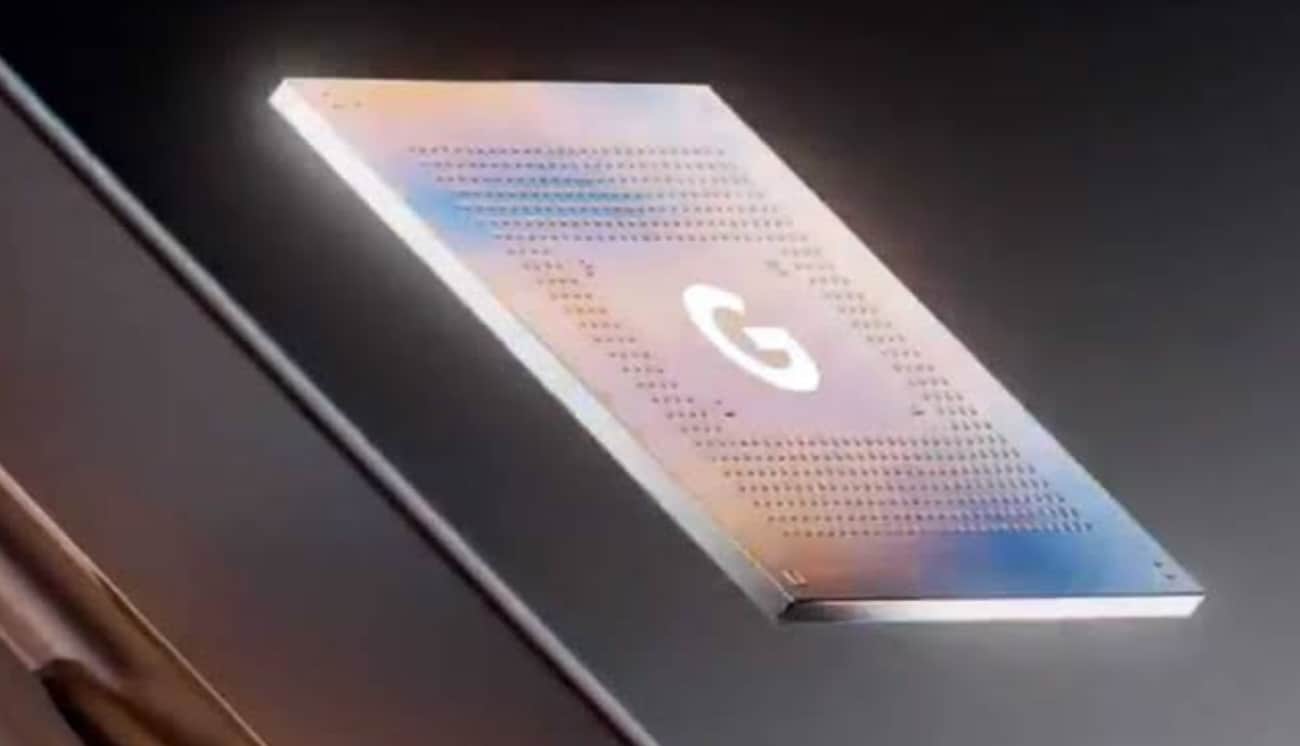Google announced the much-awaited Pixel 6 series last week with its in-house Tensor SoC. Since then, many features of these phones have been in the talks. However, little did anyone know of the chipset’s capabilities. But now, real-world GPU benchmarks have surfaced online, thanks to grt3 for running the tests and share it on Reddit. As per the GPU benchmarks, the Tensor chip dominates all other Android SoCs, including the Exynos 2100 chipset in Galaxy S21 Ultra and the Snapdragon 888 in Mi 11.
Greg, name of the user grt3, ran 3DMark Wild Life, Wild Life Extreme, and Wild Life Stress tests to check Tensor’s GPU capabilities. In the 3DMark Wild Life test, the Pixel 6 scored 6,666 at 39 frames per second. The phone scored 2028, delivering 12.8 frames per second in the Wild Life Extreme test. Meanwhile, in the Wild Life Stress test (20 minutes), Tensor in the Pixel 6 manages to get the best loop score of 2129. Moreover, the device also gets a low loop score of 1193 with 56 percent stability. This shows that the Google Tensor chipset GPU is the best of any Android SoC so far.
Google Tensor SoC Dominates Exynos 2100 and SD 888
Compared to the other flagships in the Android smartphone market, the Exynos 2100 on the Galaxy S21 Ultra scores 5,668 in the 3DMark’s Wild Life test. Similarly, the Snapdragon 888 as implemented on the Mi 11 scores 5,599. While the Pixel 6 scores 2,028 in the Wild Life Extreme test, the Exynos 2100 scores 1,793, and the Snapdragon 888 scores 1,494. Both the tests show Pixel 6 sitting at the top of the Android pile in terms of GPU performance.
It’s worth noting that Google’s Pixel 6 also has the highest average fps at 12.10 frames per second. Both Exynos 2100 and the Snapdragon 888 seem to have a comparatively lower fos of 10.70 fos and 8.90 fps, respectively. So, Google Pixel 6’s Tensor SoC does seem to perform better than other powerful chipsets, at least the 3DMark’s GPU benchmarks say so. But the sustained performance benchmarks would provide a better insight into Tensor’s performance.
